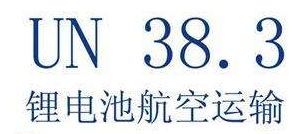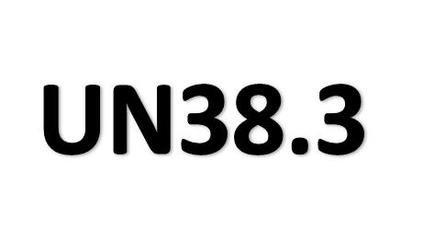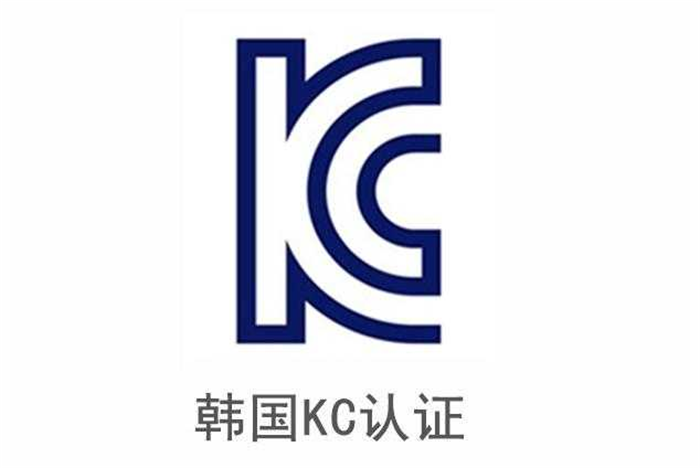As the global demand for clean energy continues to grow, lithium batteries, as the core component of the new energy field, are more and more widely used. However, there are certain safety risks in the transportation of lithium batteries, such as short circuit, overheating and even explosion risks. In order to ensure the safety of lithium batteries in international transport, the United Nations has formulated Section 38.3 of the Manual of Tests and Standards for the transport of dangerous goods (referred to as UN38.3), which puts forward strict requirements for the transport safety of lithium batteries.

UN38.3 Necessity of authentication
UN38.3 certification is a test standard that lithium batteries must pass in international aviation, sea transportation and other modes of transport. The certification is designed to assess the safety performance of lithium batteries under a variety of extreme conditions, including height simulation, temperature cycling, vibration, shock, extrusion, overcharge and short circuit tests. Through these tests, it can be ensured that lithium batteries will not cause safety accidents due to external environment or internal failures during transportation.
For enterprises producing lithium cells, obtaining UN38.3 certification is not only a necessary condition for complying with international regulations, but also an important means to enhance product market competitiveness. Lithium batteries that have not passed the UN38.3 certification will not be able to legally enter the international market, so companies must attach great importance to this certification.

UN38.3 Main test items for certification
1, height simulation test: simulate the performance of lithium batteries at high altitudes to ensure that they will not leak or explode under low pressure conditions.
2, temperature cycle test: detect the stability of lithium batteries under alternating changes in extreme temperatures (high and low temperatures) to ensure that it will not be damaged by temperature fluctuations.
3. Vibration test: Simulate the vibration environment that may be encountered during transportation and evaluate the structural stability of lithium batteries.
4, impact test: test the safety of lithium batteries when subjected to external shocks, to ensure that it will not be dangerous due to collisions during transportation.
5, extrusion test: simulate the external pressure that the lithium battery may be subjected to during transportation to ensure that it will not cause safety problems due to extrusion.
6, overcharge test: evaluate the safety of lithium batteries in the case of overcharging, to prevent the battery due to overcharge and thermal runaway.
7, short circuit test: detect the reaction of lithium battery in the case of short circuit to ensure that it will not cause fire or explosion due to short circuit.

How can enterprises successfully pass UN38.3 certification?
For enterprises, successful UN38.3 certification requires professional technical support and a rigorous testing process. First of all, enterprises need to choose a qualified testing and certification body, such as ZRLK, to conduct relevant tests. Secondly, companies need to ensure that the production process and quality control of their products meet international standards to improve the success rate of certification. Finally, companies should keep up to date with updates to international regulations to ensure continued compliance.
The UN38.3 certification is the "passport" for lithium batteries to the international market. Through this certification, companies can not only ensure the safety of their products, but also enhance brand reputation and expand the global market. If you need UN38.3 certification, please contact ZRLK, we will provide you with professional testing and certification services.


![[Holiday Notice] ZRLK 2026 Chinese New Year Holiday Schedule](/uploads/image/202602/698559be66d97.jpg)










